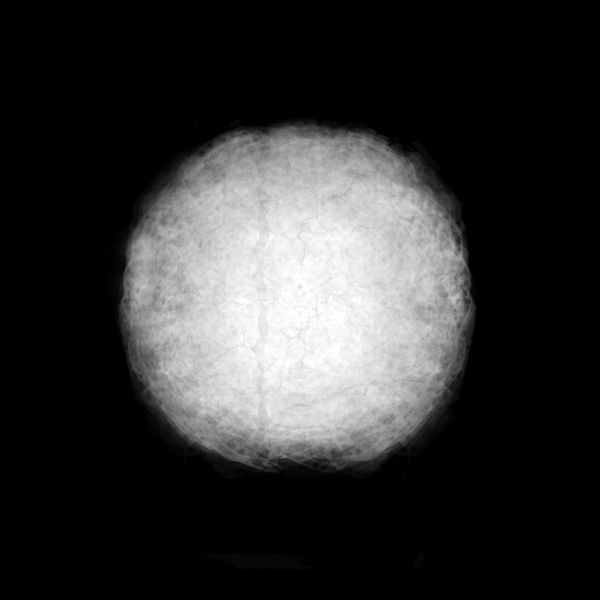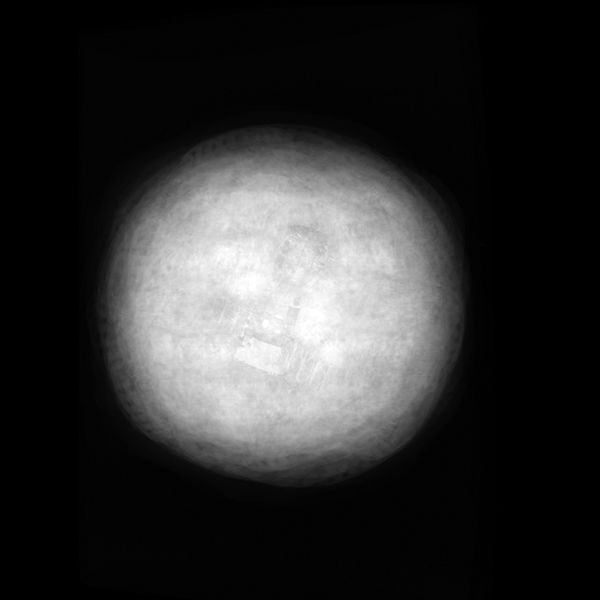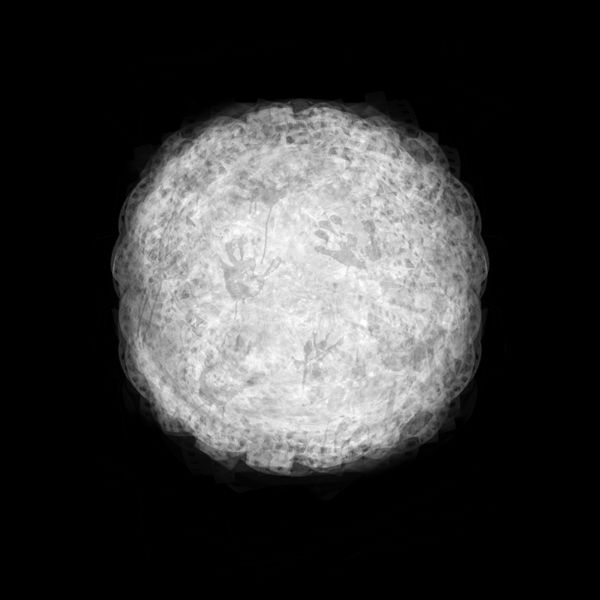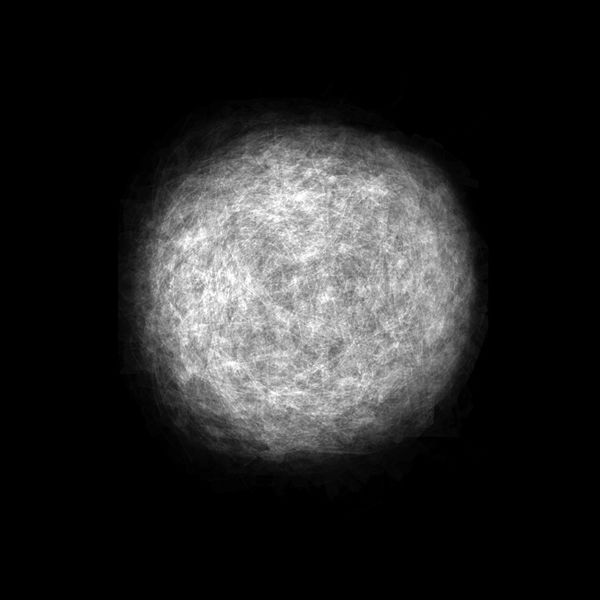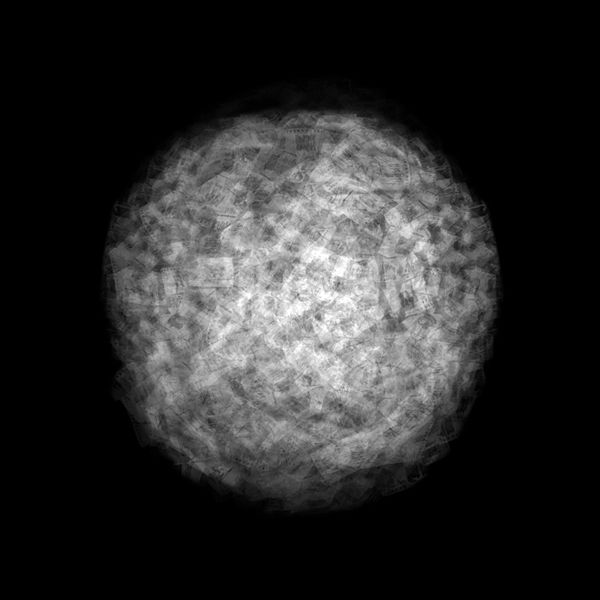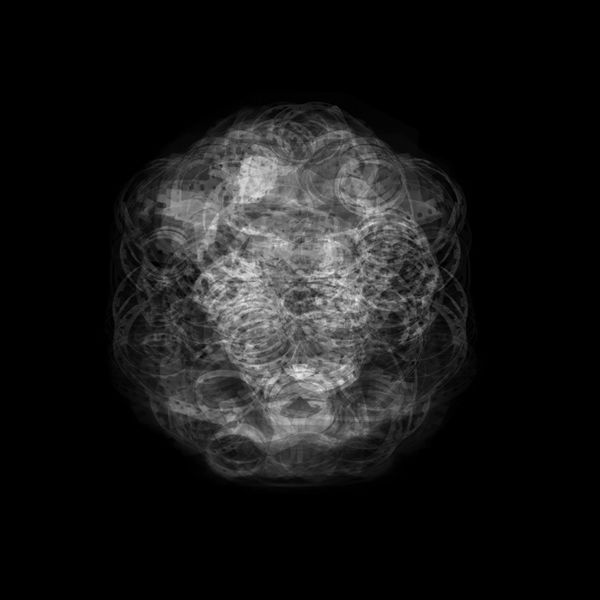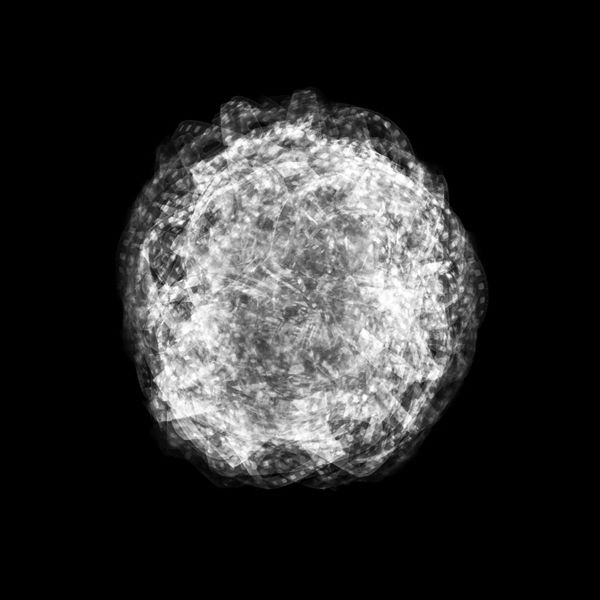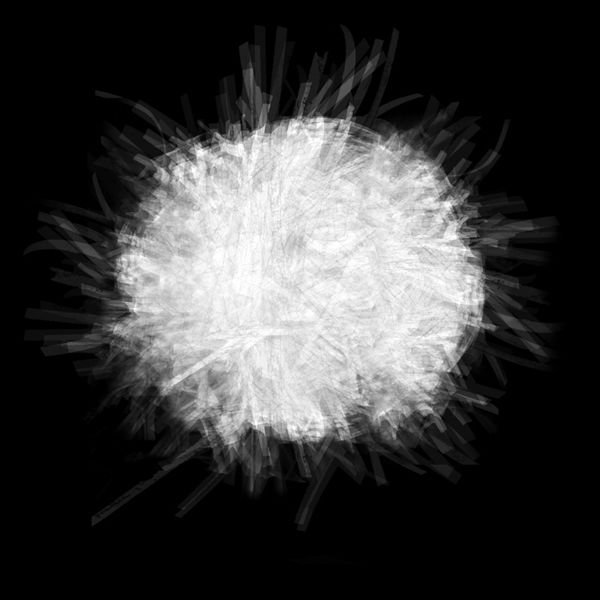Die Wunderbaren Jahre, 2018
When The Power Has Gone ( 2018/2024)
https://www.blurb.co.uk/b/11967066
The press and publishing industry's freedom was entirely at the regime's discretion. Prospective publications had to navigate numerous layers of censorship, with severe penalties for disobedience.
Access to books was tightly controlled, and censorship weighed heavily on writers and readers alike, forcing them to read between the lines.
Distributing or lending 'forbidden' books carried significant risks, with the threat of police or house arrest looming over anyone found with banned printed material.
Recently, I discovered notebooks from the early 1980s containing poetry and collections of short stories by East German authors like Reiner Kunze, Peter Huchel, and Sarah Kirsch. I could only borrow these works for a limited time and had to copy them by hand, on a typewriter, or on film. Such literature was rarely accessible in the East.For this series, I photographed deconstructed text and film rolls, capturing my handwritten copies of forbidden East German authors' works.
Its title pays homage to Reiner Kunze. His 'forbidden' book 'Die wunderbaren Jahre,' published only in the West in 1976, portrays everyday life for East German youth, offering an ironic critique of the GDR's totalitarian system.
Kunze also challenged the military indoctrination of children. I admire him for fighting all attempts at censorship and regimentation. As a teenager, I resonated with the book's portrayal of youth facing persecution for expressing themselves through long hair, guitar playing, jeans, and unconventional behaviour.
We existed in a parallel universe, a realm foreign to Western democracy, cut off from other countries yet convinced of our superiority in the space race. Sending the first German cosmonaut into space in 1978 was seen as proof of socialism's triumph over capitalism. The artificial Earth satellite 'Sputnik' orbited the globe, promising a radiant future where communism's victory seemed inevitable.
Photographs of deconstructed film rolls and notebooks, containing my hand copied writing from forbidden East German authors,
12 images (60 × 60 cm) are available.
https://www.blurb.co.uk/b/11967066
The press and publishing industry's freedom was entirely at the regime's discretion. Prospective publications had to navigate numerous layers of censorship, with severe penalties for disobedience.
Access to books was tightly controlled, and censorship weighed heavily on writers and readers alike, forcing them to read between the lines.
Distributing or lending 'forbidden' books carried significant risks, with the threat of police or house arrest looming over anyone found with banned printed material.
Recently, I discovered notebooks from the early 1980s containing poetry and collections of short stories by East German authors like Reiner Kunze, Peter Huchel, and Sarah Kirsch. I could only borrow these works for a limited time and had to copy them by hand, on a typewriter, or on film. Such literature was rarely accessible in the East.For this series, I photographed deconstructed text and film rolls, capturing my handwritten copies of forbidden East German authors' works.
Its title pays homage to Reiner Kunze. His 'forbidden' book 'Die wunderbaren Jahre,' published only in the West in 1976, portrays everyday life for East German youth, offering an ironic critique of the GDR's totalitarian system.
Kunze also challenged the military indoctrination of children. I admire him for fighting all attempts at censorship and regimentation. As a teenager, I resonated with the book's portrayal of youth facing persecution for expressing themselves through long hair, guitar playing, jeans, and unconventional behaviour.
We existed in a parallel universe, a realm foreign to Western democracy, cut off from other countries yet convinced of our superiority in the space race. Sending the first German cosmonaut into space in 1978 was seen as proof of socialism's triumph over capitalism. The artificial Earth satellite 'Sputnik' orbited the globe, promising a radiant future where communism's victory seemed inevitable.
Photographs of deconstructed film rolls and notebooks, containing my hand copied writing from forbidden East German authors,
12 images (60 × 60 cm) are available.
